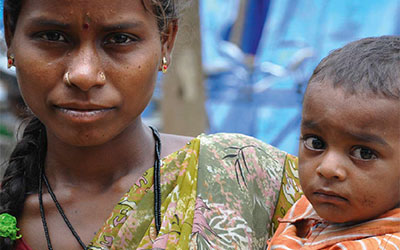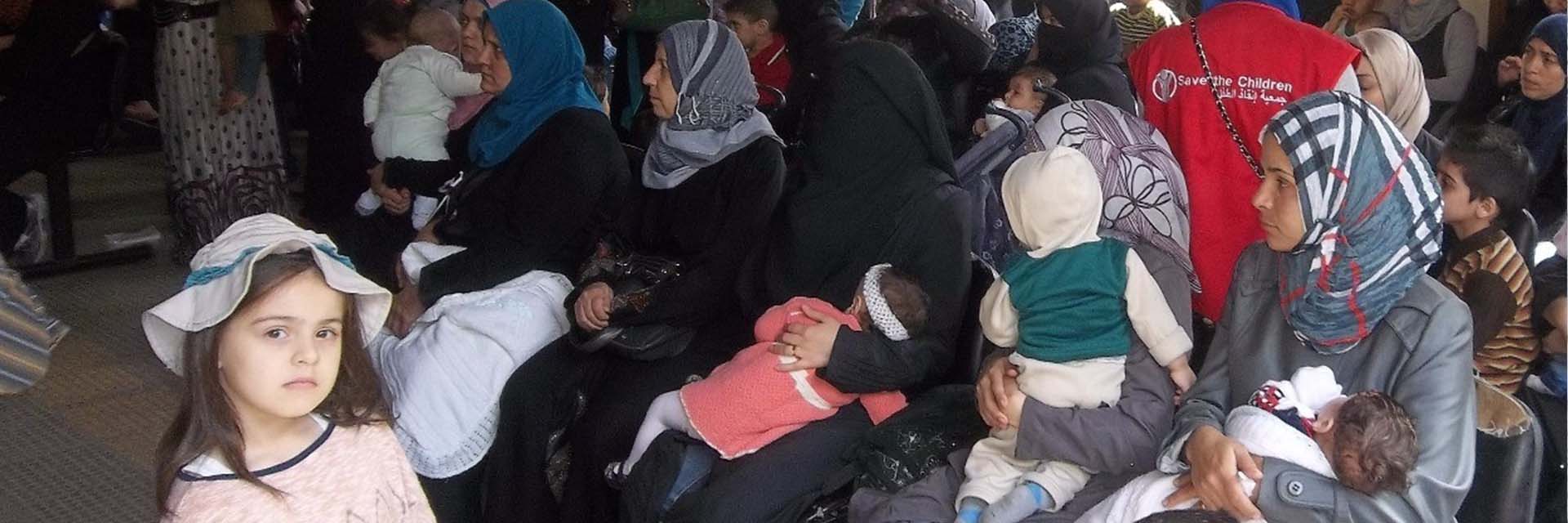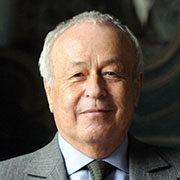Traditional top-down approaches have demonstrated their limited efficacy in combating infectious diseases. They must now give way to new, local initiatives, conducted with and for the residents of those communities. The objective is to transfer, over the long term, these health capacities and facilities to the people who will use them, ensuring they take full ownership of them.

The Foundation is committed to supporting these new approaches by sharing our 50 years of experience in the field of infectious disease, our knowledge of the field, and our international partnership network. Our mission is to strengthen biological diagnostic capacities, which are currently insufficient in developing countries.
Without diagnostics, medicine is blind. Diagnostics provide quick and precise information at the patient’s point of care, allowing us to better understand and track the enemy, guide prescriptions, and reduce resistance to treatments. More generally, diagnostics inform local, national, and global health policies for better control of epidemics.
This commitment to diagnostics is the driving force behind the work of the Mérieux Foundation and Fondation Christophe et Rodolphe Mérieux.
However, our fight against infectious disease goes even farther, taking a global health approach.
Since we can’t ignore the realities in the field and the ever-increasing number of crises, we have chosen to expand our operations. In the countries where we work, we go beyond simply treating the sick in order to help provide the most vulnerable of all, women and children, with what they need: housing, physical protection, safe food and water, a healthy environment, education, socioeconomic assistance, etc. Our work in Haiti for the past several years, and now in Iraq, with the help of our partners, proves that we must remain open and pragmatic in an uncertain environment. We must constantly adapt to changing circumstances to ensure that our actions are effective, and we must always harness the strength of our networks.
Our world is extraordinarily complex, and increasingly harsh. But at least we know that we can count on the commitment and generosity of the women and men who are ready to rebuild and restore hope.”


